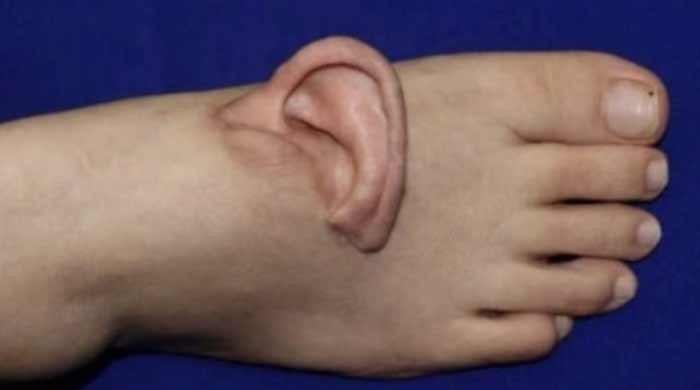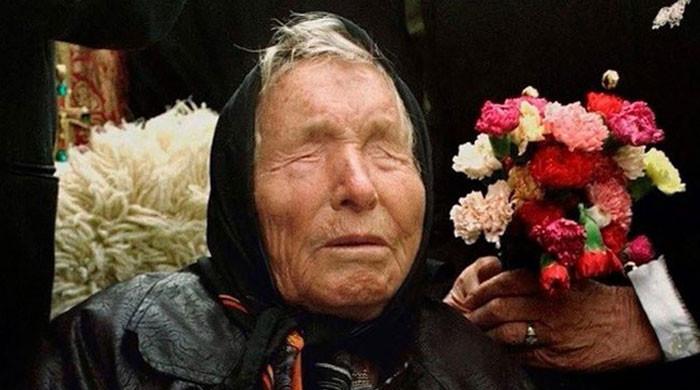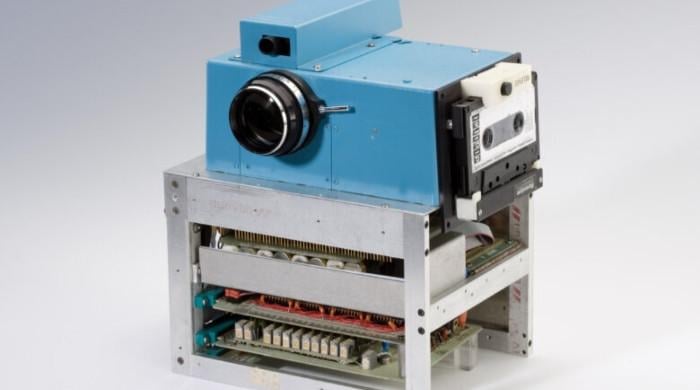Pakistan becomes largest exporter of young doctors to UK
LONDON: Pakistan has become the largest exporter of young doctors to Britain's state funded National Health Service after clearing Professional and Linguistic Assessments Board test, the main...
August 08, 2012
More than at any point in time in the past, there is a huge surge in the number of Pakistani medical graduates coming and settling in the UK where they are getting good jobs as Pakistani doctors enjoy good reputation and its easy for newcomers to settle easily due to good community connections. The number of doctors taking a flight to the UK is set to go up further as their dissatisfaction within Pakistan grows, as demonstrated recently by the nationwide strikes of young doctors, especially in Punjab.
According to General Medical Council (GMC), over 600 Pakistani medical graduates have taken the PLAB test this year alone. Training opportunities in Pakistan for young doctors are limited. The situation is not helped by the killing and kidnapping of doctors of various sects which has created a surge of fear in the medical profession. The kidnapping of the chief psychiatrist in Baluchistan has upset all doctors in Pakistan.
According to GMC, the number of Pakistani doctors who sat PLAB1 and PLAB2 since 2007-first half of 2012 stands at 6826. For two years from 2007 to 2009, 1786 medical graduates from Pakistan took part in PLAB1 examinations and for the same period 899 doctors took PLAB2 test. But the number went up unprecedentedly for the following years. In 2010 and 2011, 2490 doctors sat PLAB1 Test and 1011 took PLAB2 Test for the same period. The number of Pakistan registered on the GMC data stood at 8,552 on 7th of August, 2012.
Until 2006, around 70 per cent of the so-called "international medical graduates “ came from the Indian subcontinent, considered till then a traditional recruiting ground for NHS recruitment but the Labour government brought in new and stricter immigration rules to benefit doctors from the European Union (EU) countries. Till that time the greatest export of doctors was from India while Pakistan stood at around number 5.
Large scale protests were held by the 25,000-strong British Association of Physicians of Indian Origin (BAPIO) against the new government regulations which were brought in without any consultation and warning. However, the government was not budging. Eventually BAPIO challenged the government in the court of law. The case went up to the House of Lords where BAPIO had a victory for those who were already in the training posts, thus saving jobs of about 15,000 doctors. However there were about 10,000 doctors who were not in the job and had to return to their countries mostly to India and Pakistan.
This episode created really bad vibes in India and since then Indian doctors are hesitant to come to UK. India is number 5 on the list now, from number one, according to GMC figures. There are two more reasons why Indian doctors are not keen on coming to the UK anymore. Indian doctors are enjoying benefits of the economic boom in India, private hospital conglomerates are expanding and public and private sectors are investing in the health sector while this is not the case in Pakistan.
There are many Pakistani doctors’ organisations active in the UK especially the alumni associations of medical colleges and there are three large collective associations, British Pakistani Doctors Forum, All Pakistani Physicians and Surgeons UK and Pakistan Medical Association UK; these have about 8000 doctors as members amongst them. Hundreds of doctors are not part of these organisations. These organisations provide active support to the new doctors in terms of helping them find new jobs and settling in.
Dr Akmal Makhdum, chairman of the British Pakistani Doctors Forum (BPDF) commented on the trend of more Pakistani doctors coming to the UK. “This is a happy augury for us in the UK and yet has a sad tinge to it that Pakistan is not offering opportunities for so many young, qualified people. BPDF members are working on some initiatives to develop training in Pakistan and some have succeeded in doing just that. We are here to advise and support our young doctors, to flourish in their careers and support them if the find any obstacles.”
Dr Abdul Hafeez of APPS told The News: “According to new visa arrangements under Tier 5 doctors can come to the UK for a fixed term 2 years contract and at the end of this time they have to leave the UK as their visa will not be extendable. This new arrangement will benefit both the UK and Pakistan n terms of covering the shortage in the system and training opportunities respectively. We feel that any job available in the NHS that will go to an overseas doctor should be filled by a Pakistani doctor.”
Dr Ramesh Mehta, the President of BAPIO commented: “Between the British Department of Health and the Home office, they have never managed to get their approach to the International Medical Graduates (IMGs) right. They have always had situation when there were either too many or too few IMGs. Now there is already shortage of doctors in many specialties and we have been asked to help. The IMGs should be treated equal to British graduates and offered appropriate training. UK medical training is one of the best in the world and Pakistani doctors should take the opportunity.”









